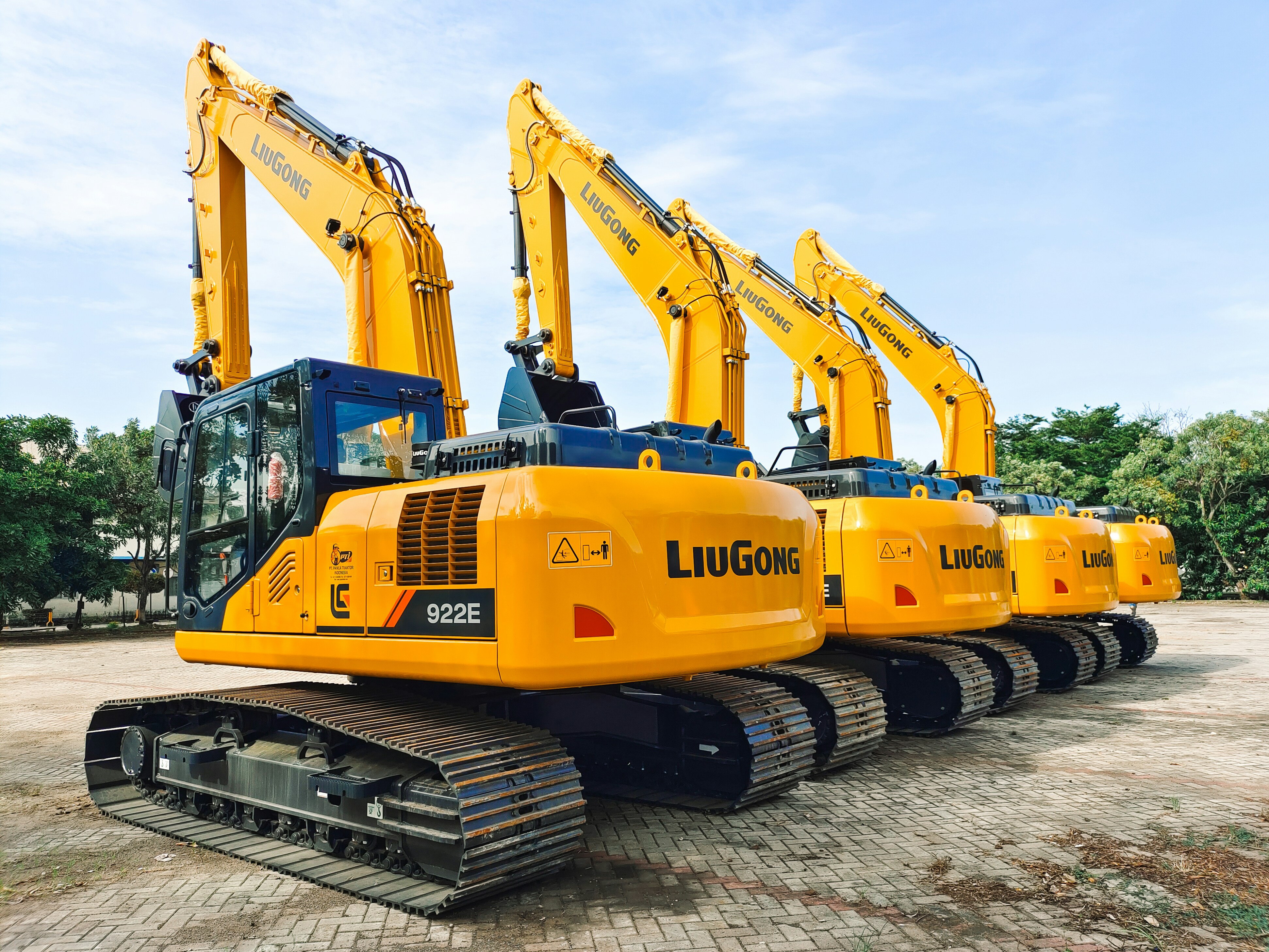How Digital Iron is transforming the industry
Oct 2, 2024

How AI Will Transform the Heavy Machinery Industry
The heavy machinery industry, which includes construction, mining, agriculture, and logistics, is undergoing a massive transformation due to advances in artificial intelligence (AI). From improving operational efficiency to enhancing safety and reducing costs, AI is set to redefine how heavy machinery is designed, operated, and maintained. Here are some of the key ways AI will revolutionize the industry.
1. Autonomous Machinery
One of the most exciting applications of AI in heavy machinery is the development of autonomous equipment. AI-powered machines can now perform complex tasks such as excavation, material handling, and even farming with minimal human intervention. These machines are equipped with advanced sensors and machine learning algorithms that enable them to navigate challenging environments, avoid obstacles, and operate around the clock. By reducing the need for manual operation, companies can lower labor costs, increase safety, and maintain high levels of productivity.
2. Smart Fleet Management
AI is revolutionizing fleet management by providing companies with real-time insights into the performance and location of their machinery. With AI-powered systems, managers can monitor fuel consumption, track maintenance schedules, and optimize machine utilization. Predictive analytics can forecast when equipment is likely to fail, allowing companies to perform maintenance proactively and avoid costly downtime. AI can also help allocate machinery more efficiently across projects, reducing operational bottlenecks and increasing overall productivity.
3. Enhanced Safety
Safety is a top priority in industries that rely on heavy machinery. AI has the potential to significantly reduce workplace accidents by enhancing safety measures. AI-powered cameras and sensors can monitor operators’ behavior, detect signs of fatigue, or identify unsafe working conditions in real time. AI systems can also alert operators to potential hazards, such as unstable terrain or mechanical issues, helping to prevent accidents before they happen. Some autonomous machinery can even operate in hazardous environments where it’s too dangerous for humans, further reducing the risk of injury.
4. Precision and Efficiency
In industries like agriculture and construction, precision is key to improving efficiency and reducing waste. AI-driven machinery can optimize tasks by adjusting to environmental factors, such as soil conditions or weather, with pinpoint accuracy. For example, AI-powered equipment can ensure that crops are planted at the ideal depth and spacing, or that earth-moving tasks are completed with minimal material loss. This precision not only improves productivity but also leads to more sustainable operations by reducing fuel consumption and material waste.
5. Data-Driven Decision Making
AI systems generate massive amounts of data that can be used to make smarter, data-driven decisions. By analyzing equipment performance, worksite conditions, and external factors like weather, AI can provide actionable insights to operators and managers. For instance, AI can recommend the most efficient machine settings for specific tasks or predict how weather conditions will impact operations, allowing teams to plan and execute projects more effectively.
6. Sustainability and Environmental Impact
AI can help the heavy machinery industry reduce its environmental footprint by optimizing fuel usage, reducing emissions, and improving resource management. Autonomous machinery can operate more efficiently, using less energy and minimizing waste. AI-powered monitoring systems can also help companies track their environmental impact, making it easier to comply with regulations and adopt more sustainable practices.
Conclusion
AI is poised to dramatically reshape the heavy machinery industry by improving safety, efficiency, and sustainability. From autonomous machines and smart fleet management to enhanced precision and data-driven decision-making, the benefits of AI are vast and varied. As technology continues to evolve, AI will play an increasingly important role in the future of heavy machinery, offering companies new ways to stay competitive, reduce costs, and improve overall operational performance.